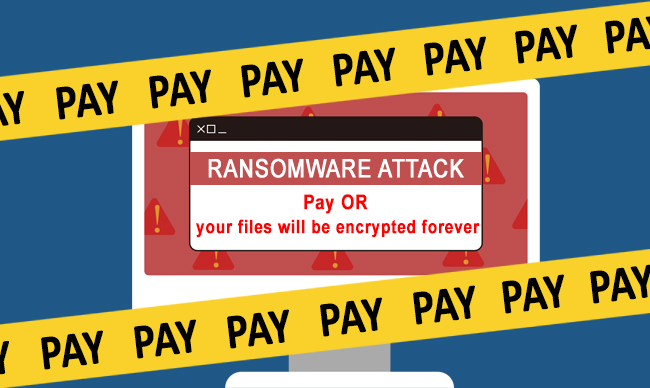Beware of Data Kidnapper - Ransomware
Kidnapping is no longer about physical attack. Criminals can now make use of ransomware to blackmail victims, for example, by encrypting and locking the data in a system / computer and asking one to pay by cryptocurrency before a deadline. Otherwise, the data will be encrypted forever, sold, or published to the public.
What Is Trending Now?
LockBit is one of the most active ransomwares with its latest variant, LockBit 3.0 or “LockBit Black”, released in 2022. Its fame comes with its “fastest” encryption and spreading on network. Its variant recently aims at Mac systems in addition to their usual targets like Windows or Linux.
LockBit is also sold “as a service” to other organizations, which made it more widespread with its affiliate-base. According to Kaspersky, the number of hacker publications (threatening the victims) about successful hacking cases doubled in 2022, compared to 2021. We believe that the number is likely to continue growing in 2023 and beyond.

How You Know You Got Kidnapped by Ransomware?
Ransomware can be very high-profile on its actions. Victims can often find the following once being kidnapped:
- Your system firewall e.g. Windows Defender disabled and unable to restart;
- A file extension appended after data encryption e.g. “.lockbit”;
- The desktop wallpaper replaced with a message about the encryption.

The screenshot is from https://blogs.vmware.com/security/files/2022/10/Screen-Shot-2022-10-13-at-12.25.51-PM-1024x329.png
How to Avoid the Kidnapper?
Hackers often utilize the security loophole in your system or negligence in your daily life to attack you. Hence, please
- Ensure devices have up-to-date operating system and software updates.
- Ensure up-to-date anti-virus signatures from your anti-virus software such as Kaspersky or Windows Defender updated.
- Backup important files regularly and keep them in a separate and safe place.
- Beware of phishing emails and DO NOT open email/attachments from unknown/untrusted source.
ITSC has also published best practices for technical professionals to prevent LockBit. Check out more at Ransomware: “LockBit” Variants in ITSC Website
back to issue
|






